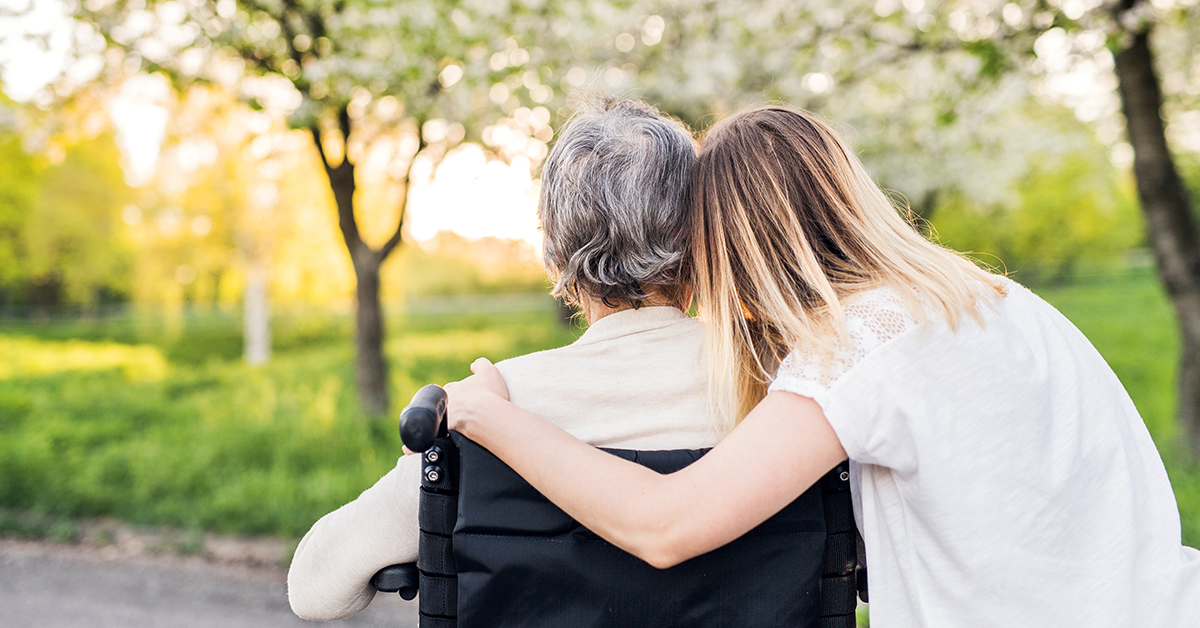
Deciding Against Cancer Treatment
-
A cancer diagnosis often brings with it a lot of decisions, especially about treatment. And sometimes those decisions can be difficult to make or understand.
That’s especially true if you or a loved one is thinking about forgoing treatment altogether or stopping treatment because it’s no longer working.
Patients have many different reasons for why they might decide to skip or end cancer treatment. But often they arrive at this decision when the drawbacks of treatment outweigh the benefits, especially if the therapy will cause serious side effects or has only a small chance of working.
Deciding not to have treatment is a personal decision. Ultimately, it comes down to what’s important to you. But oncologists can help their patients make the best choice for them.
Making the best decision for you
Any patient who is able to make informed choices has the right to stop or forego treatment. But before you decide that's what you want to do, talk with your healthcare team. They can help you weigh the risks and benefits of starting or continuing therapy, how likely the therapy is to be effective, how therapy would affect your quality of life, and how much time you’d likely have left without therapy.
The more questions you ask your cancer care team, the more information you will have to help you decide your next steps.
You will also want to talk to your loved ones about your options and the decision you are weighing. If you want to, ask them how they feel about your choices. But remember: Whether you have treatment is up to you.
Some things you may want to consider include:
- How much is the treatment helping? Is the treatment helping to control your cancer? Will it help you live longer? Or does it make you feel worse and limit your ability to enjoy the time you have? What is considered a good quality of life varies from person to person.
- Getting a second opinion. Consulting a specialist helps ensure you’ve explored all your treatment options.
- Palliative and hospice care. Keep in mind, even if you decide you don’t want any more treatment, palliative and hospice care are always available to help manage pain and support the best possible quality of life. And you can keep in touch with your oncologists to talk about concerns or questions as your cancer progresses or changes.
Finally, remember—opting out of treatment isn’t giving up. Even when the outcome of their cancer is beyond their control, people can find reasons to be hopeful. Some people may want to focus their time on things they enjoy.
When you disagree with a loved one’s decision
Having a loved one refuse or end cancer treatment can be a hard decision to accept. It’s OK to ask your loved one how they came to their decision and to make sure that they’ve explored all of their options. But even if you don’t like their choice, you ultimately have to respect it.
Your loved one’s decision might make you feel frustrated or sad or even trigger anticipatory grief. All of those feelings are normal but try to make the most of the time you have together. You may want to seek support from hospice and other bereavement services to help you manage these difficult feelings.
Learn more about the Bereavement Support Group offered at Fox Chase Cancer Center.
